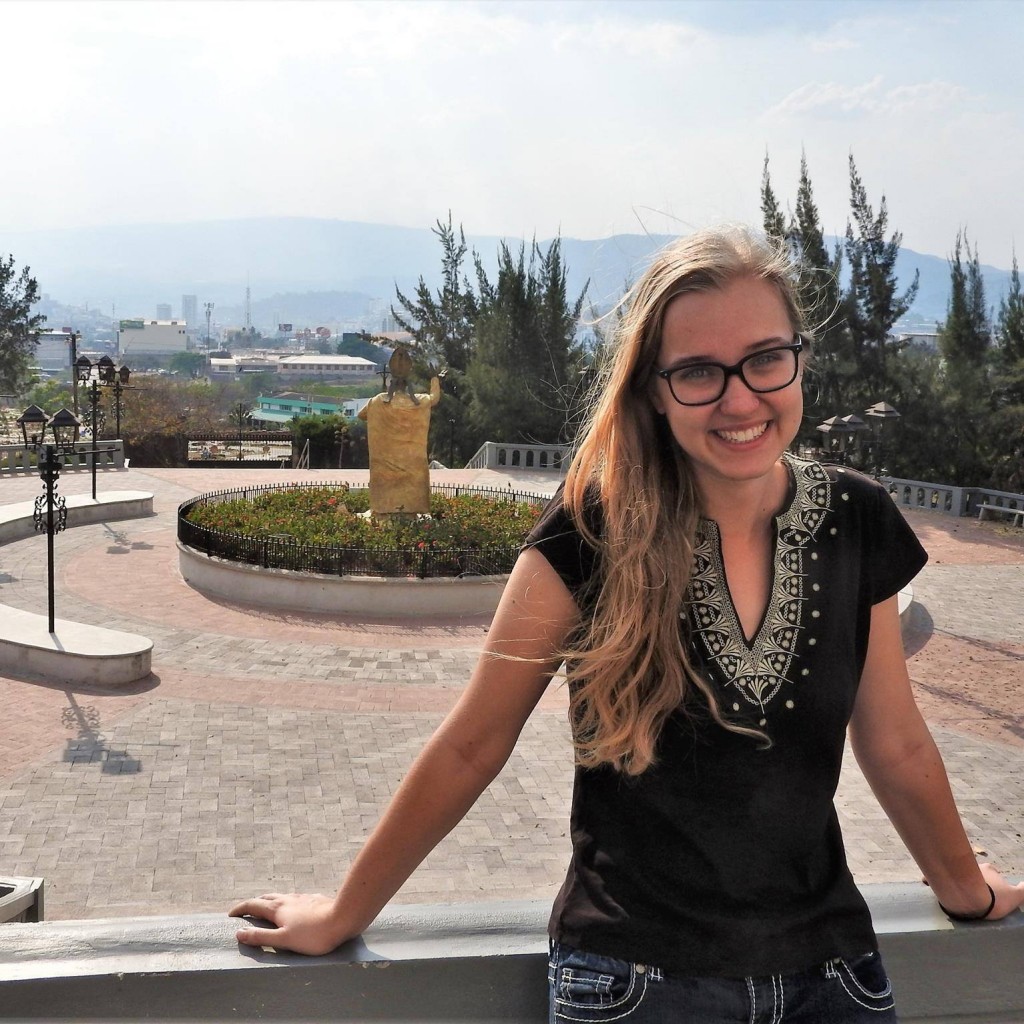A migrant’s journey starts in Central America: U.S. immigration policy should too

A Honduran family arrives at a bus terminal after being deported from Mexico. They are carrying meals provided by MCC partner organization Mennonite Social Action Commission (MCC photo/ Katerina Parsons)
When people hear “immigration policy,” many think immediately about border security, detention and asylum. While it is crucial to advocate in these areas – supporting asylum seekers, protecting children and keeping families together – we shouldn’t forget that people’s migration stories start long before their arrival in the United States.
Most immigrants arriving at the U.S.-Mexico border today are from Guatemala, Honduras and El Salvador, a region sometimes referred to as the “Northern Triangle.” These countries are among the most violent in the world, with high levels of poverty, inequality and government corruption.
| El Salvador | Guatemala | Honduras | United States | |
| Homicide Rate per 100,000 inhabitants (source) | 51 | 22.4 | 40 | 5 |
| GDP per capita (source) | $4,058 | $4,549 | $2,482 | $62,641 |
| Transparency Score (out of 100, source) | 35 | 27 | 29 | 71 |
People leave the Northern Triangle because of gang violence, abusive relationships, unemployment, hunger, fear or many other difficult and complex reasons. Restricting migration and asylum keeps these people in situations of ongoing injustice and violence. But the solution to these serious and often structural problems cannot stop at less-restrictive migration policies. In order to truly promote peace and opportunity, U.S. policy should also address the root causes of migration, building on the work of Salvadorans, Guatemalans and Hondurans who are already working for change.
Within the Northern Triangle, there are people and organizations who have dedicated their lives towards making the countries more peaceful and prosperous, including many organizations that receive support from Mennonite Central Committee (MCC). For example, Mennonite Social Action Commission meets deported migrants in Honduras’ busiest bus terminal with a warm meal and money for a bus ticket home. They also offer job training and readiness programs to help returned migrants provide for themselves without needing to migrate again. Other organizations have spent years advocating to local governments to improve justice systems, transparency and rule of law, improving state capacity to respond to endemic violence and speaking out against human rights abuses.
The United States government has historically funded similar projects in the region to promote economic growth, food security and government transparency. Nonetheless, the Trump administration cut this assistance in the spring, forcing many nonprofit organizations to reduce or even eliminate their programming.
Foreign assistance to the Northern Triangle is equal to just 0.1% of what the United States spends on its military each year. It is one of the most immediate and cost-effective ways that we can improve the lives of Central Americans and provide safe and meaningful alternatives to migration.
You can take action by supporting foreign assistance and asking your members of Congress to support legislation to address root causes of migration in Central America as well as policies that promote economic growth, combat corruption and strengthen democratic institutions in Central America.
Advocacy about the situation at the U.S.-Mexico border is essential, but it should go further, addressing issues in the countries that so many migrants are leaving. Sustained support in partnership with local organizations will promote peace and contribute to a context where migration is not an obligation but a choice.




